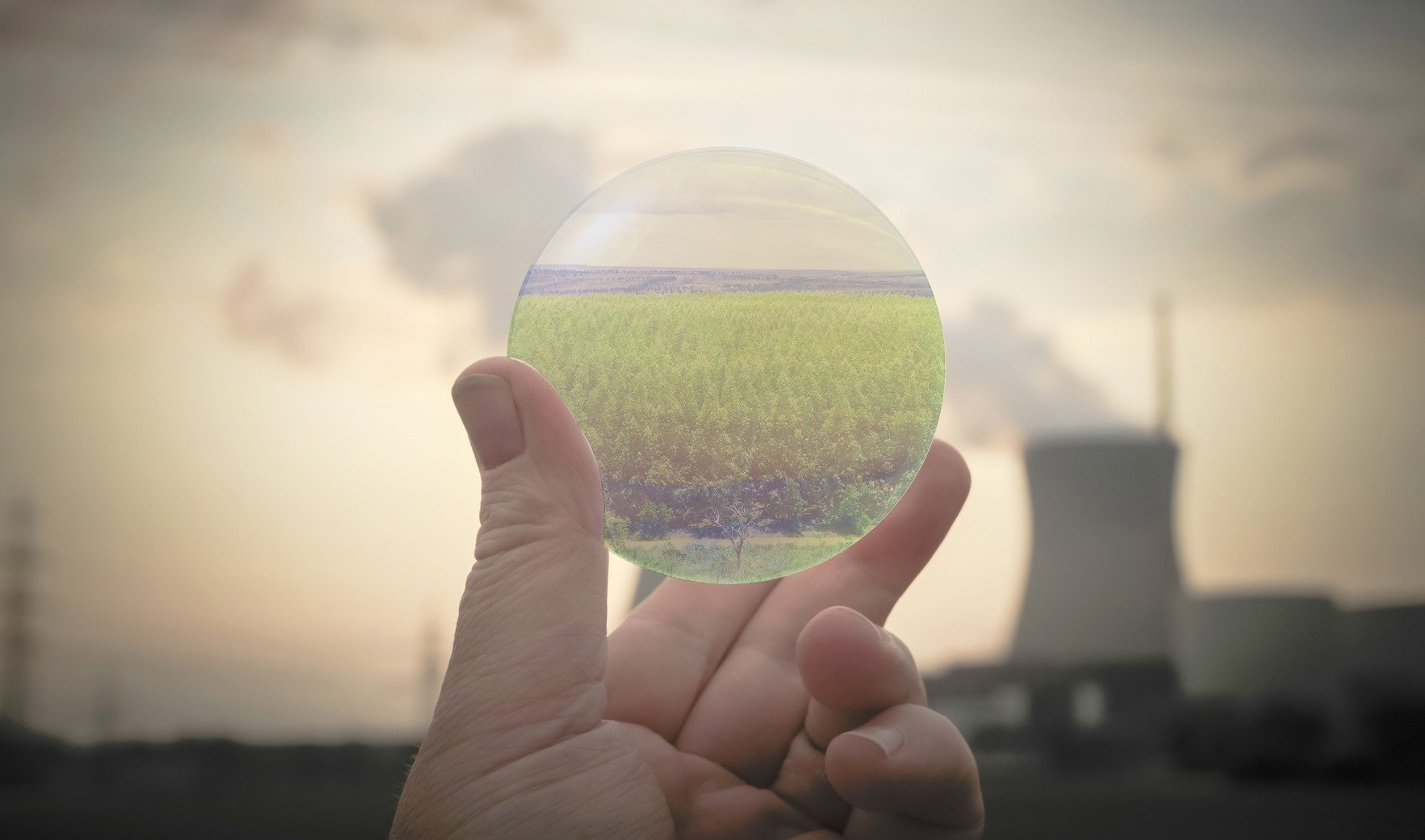CCUS: Supporting Net-Zero ambition
by Leila Faramarzi and Ali Meschi Amoli
Carbon capture, utilization, and storage (CCUS) technologies are essential to deliver clean industrial growth and to achieve net-zero ambitions.
There is international consensus that CCUS will play a central role in new energy pathways – notably in the production of blue hydrogen. CCUS is also the only existing option for deep decarbonization of key sectors of the economy such as steel and cement manufacturing where carbon dioxide (CO2) is not only produced via heating processes but also is a by-product of a chemical conversion processes. As such, CCUS is expected to account for 9% of the cumulative emissions reduction between now and 2050.
Recently, CCUS has started to gain momentum as a result of new investment plans such as the European Green Deal and reinforced international climate pledges. To play an effective part in decarbonizing economies, CCUS will require continued policy support for deployment at scale. Major cost reductions are expected as the number of commercial projects increases, thanks to both economies of scale and knowledge gained from experience.


CCUS: a proven method
Carbon capture as a topic tends to attract excited headlines, but the technology itself is not new. There are 19 commercial-scale CCUS projects in operation as of today, the majority of which are dedicated to CO2-enhanced oil recovery (EOR) activities, mainly in North America.
Norway also has a long track record in offshore storage of CO2 through operations at Sleipner and Snøhvit fields. Experience gained on these existing projects will provide valuable insights for projects in the planning phase.
Target zero: Developing the CCUS value chain
Thanks to policy support and governmental funding programs around the world, CCUS momentum has recently shifted in favor of dedicated geological storage of CO2. Several such projects are expected to enter operation in the near future, including Northern Lights in Norway, Net Zero Teesside in the UK, Port of Rotterdam in the Netherlands, CarbonNet in Australia, and Wabash CarbonSafe in the US.
In this application, CO2 is separated and captured from industrial flue gases, and compressed to dense phase. This allows it to be transported via tankers, ships or pipeline (onshore or offshore). Finally, it can be safely injected and stored permanently in deep underground geological formations such as saline aquifers and depleted oil and gas reservoirs.
An important enabler for scaling up this activity will be the development of regional CCUS hubs and clusters. Building such infrastructure will require significant investment. It will also demand the alignment of stakeholders who will need to work together closely: energy producers, industrial companies and public authorities.
The key will be efficiency. A single-source to single-sink linkage is less flexible and more expensive than a network. A CCUS network will include capture of CO2 from industrial facilities in a cluster, transportation of the CO2 to collecting hubs and finally to the storage sites.
Collaborations in closing technical gaps
Vallourec is also involved in several Research & Development projects with major energy companies, research institutes and academic institutions, helping to close knowledge gaps. As an example, we are investigating corrosion risks related to CO2 impurities and material operation window. We are also developing innovative solutions to reduce the financial, technical, and environmental risks along the value chain.
In addition, our new and innovative solution, Intelligent Pipe, has large CCUS potential. This line of smart pipes is being developed to provide continuous, real-time monitoring, thanks to tiny sensors embedded in our pipes. The sensors collect data from previously hard-to-access areas between casing and tubing. Operators can monitor abnormalities or detect leaks, enabling them to react before the injection well’s integrity is compromised.
A unique position
As an end-to-end supplier of high-performance tubular solutions, we are uniquely positioned to help the industry deploy safe and sustainable CCUS infrastructure worldwide.
About Leila Faramarzi
Leila Faramarzi joined the Energy Transition Office of Vallourec in 2020. As CCUS Director, she heads Vallourec’s strategy in products, market and business development for CCUS. She holds a PhD in carbon capture from the Technical University of Denmark (DTU). Leila has 15 years of international experience in CCUS including her most recent experience at Equinor (formerly Statoil) in Norway.


About Ali Meschi Amoli
Ali Meschi Amoli joined Vallourec in 2017 as Strategic Marketing Manager. In 2020 he joined the Energy Transition Office as CCUS Marketing & Development Manager, in charge of Vallourec’s business development in emerging CCUS applications. A graduate of IFP School, Ali worked for four years at TOTAL in business development roles ranging from Upstream Oil & Gas to Renewables.
